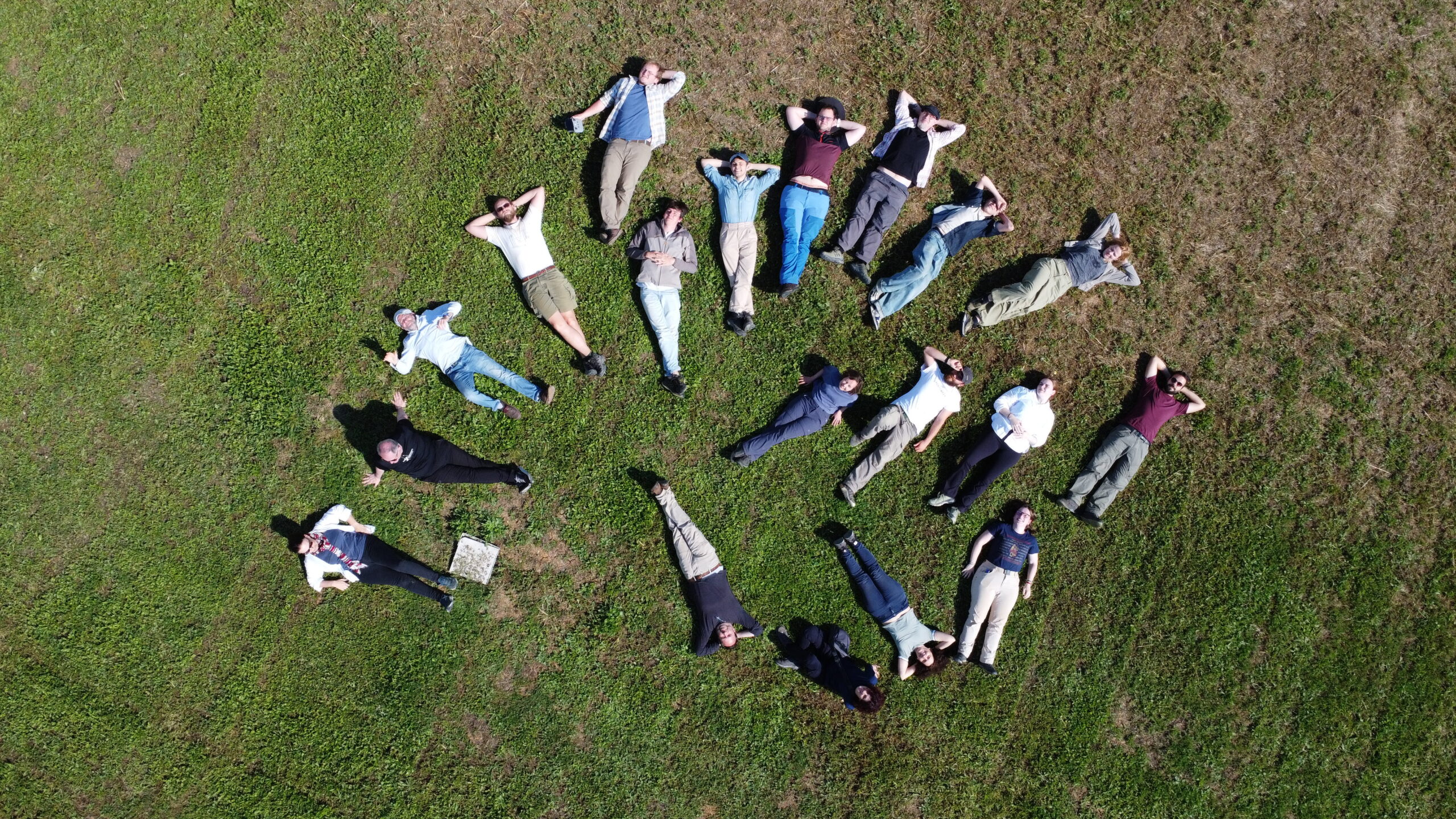Nea Triglia
The Nea Triglia Archaeological and Ethnographic project combines archaeological, historical, and ethnographic approaches to investigate long-term human interaction with the landscape. The project examines how local communities have inhabited and shaped this region from prehistoric cave occupation to the upheavals of the twentieth century and into the digital age. This longue durée perspective helps us understand how migration, conflict, and resilience have continually influenced cultural identity.
This project is a microhistorical and multidisciplinary investigation of a single rural region—one deeply embedded in broader global dynamics. Over the past ten millennia, the Nea Triglia area has been connected to the wider world through migration, trade, imperial expansion, forced displacement, and transregional religious currents. By studying this microregion diachronically, we aim to understand how global pressures have shaped—and at times disrupted—local life, and how communities have adapted with resilience.
We examine local responses to global forces: from prehistoric mobility and Classical colonization myths to Byzantine monastic networks and 20th-century population exchange.
Our research focuses on key themes: migration, cultural and religious interaction, land use change, cultural memory, environmental resilience, and the evolving relationship between people and place. The project combines two core components. The archaeological investigation targets the pre-modern period—spanning prehistoric, Classical, Hellenistic, Roman, Byzantine, and post-Byzantine phases. The ethnographic component focuses on the refugee community that resettled in Nea Triglia after the 1922 Asia Minor Disaster, displaced from the town of Triglia (now Tirilye) on the Sea of Marmara.
A central aim is to analyze the rural landscape to trace long-term changes in topography, land use, and socio-economic structure. Particular emphasis is placed on the management of local water sources and their influence on economic and political configurations.

